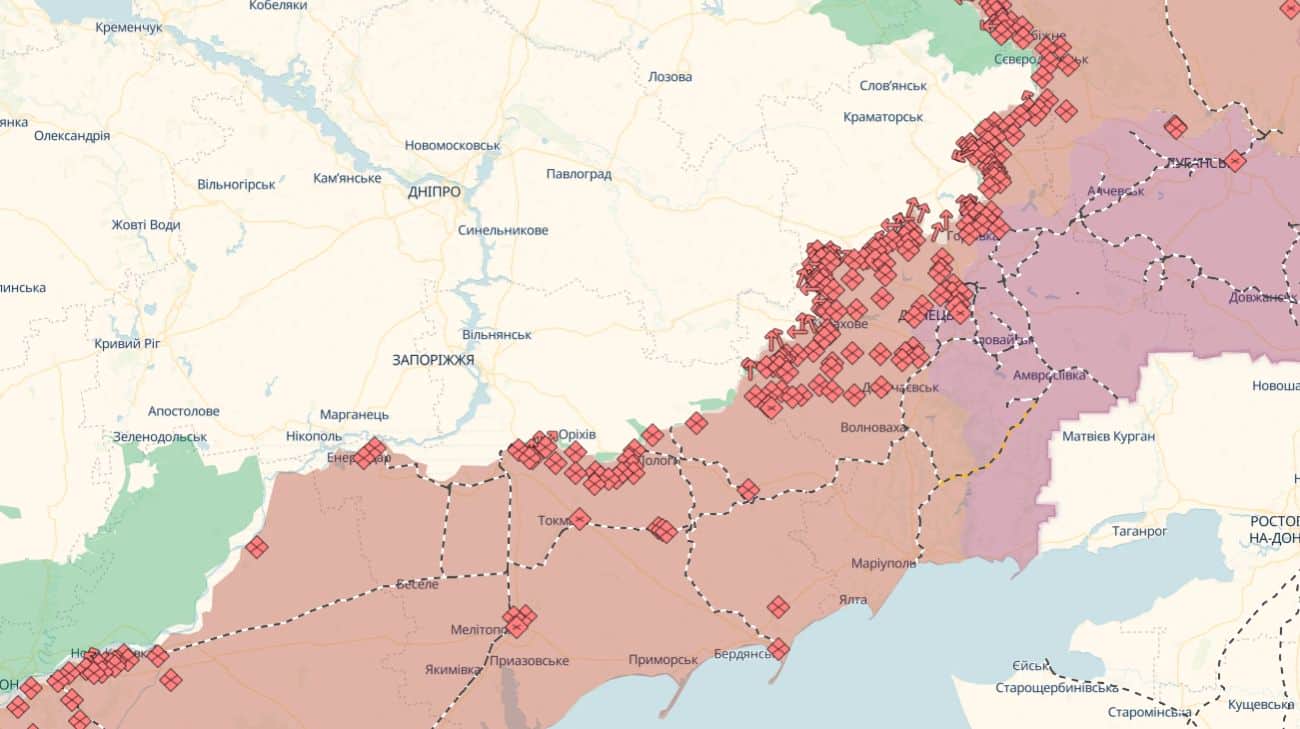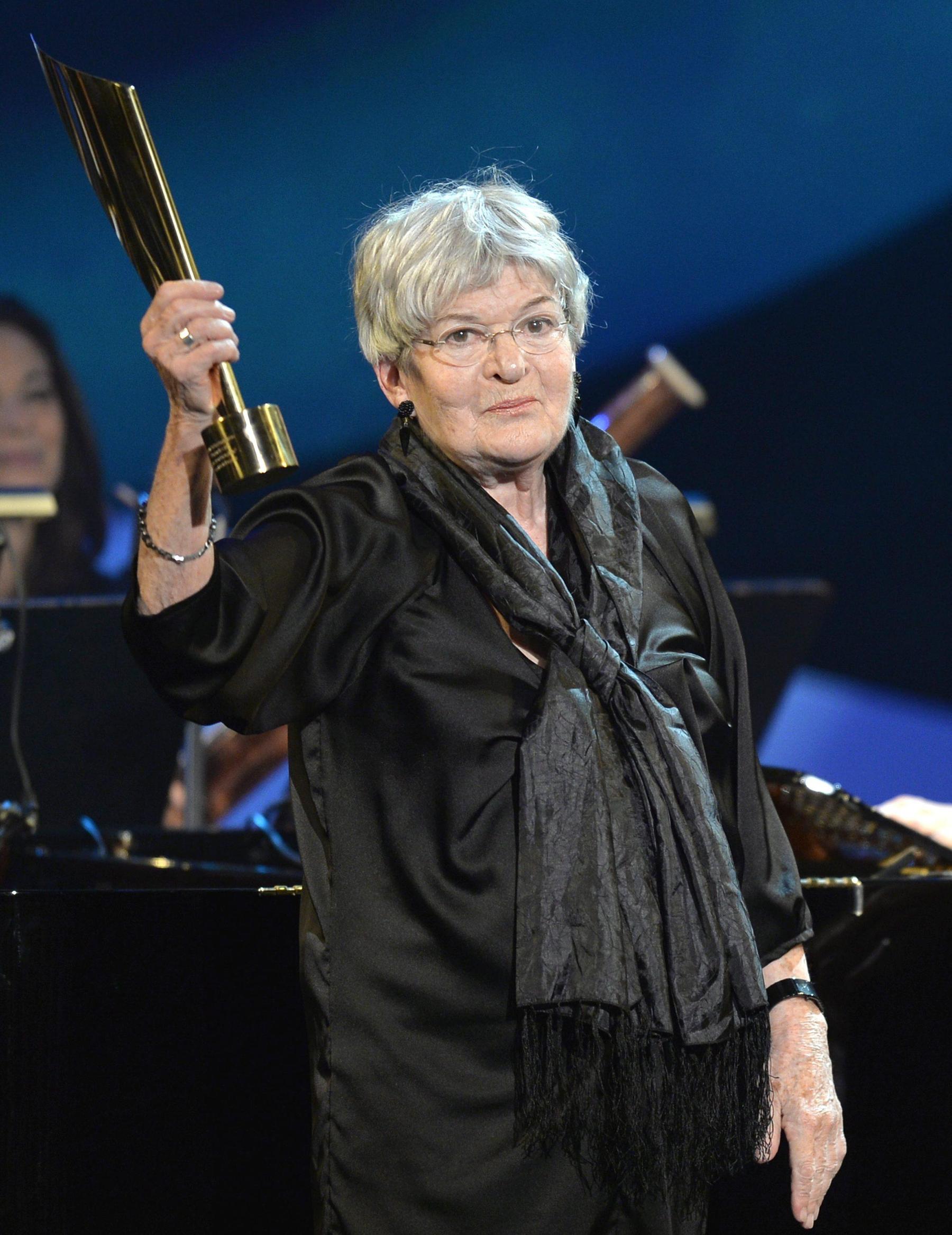« Landscape of flesh and nudity »: choreographer Silvan Juk, who uses dance as a form of writing

Silvan Juk has a degree in history and history of art, and in 2010 he made his debut as a choreographer, turning the body into an endless play field. One of his first and predetermined to change his direction meeting with the dance is a performance by Anne Theresa de Kersmaker.
| « For the first time, I saw the bodies moving in a whole new way. I found the body as a source of endless potential. It was fascinating because I had access to other forms of life, other opportunities, incredible worlds, » the choreographer told Dnevnik. |
After a career as a performer, in 2014, Yuk took over the management of Divergences and laid the foundations for a specific choreographic approach focused on the body – its conditions, density and interaction with sound and light.
« My main concern is dance as a language. I would even say that what fascinates me is the language itself, not what it could convey. For me, the choreography is like writing, allows me to build a story, dramaturgy, » explains Sylvan Juk. For him, the main challenge for dance today is his very mystery, his form, his relationship with the physical presence, « the body as a construction through which powerful life forces pass, the intertwining of physical, psychological, political, intimate and collective layers. »
However, do these physical stories give him more freedom than literary narrative form? According to him, each language has its own capabilities and dance does not offer any more freedom. « My work has the form it has, precisely because it would not exist as such, if I wrote in words, » he says. « Every language has its own poetic potential, somewhere between intense formal rigor and absolute freedom of use. » And it is in this « between » finding the greatest inspiration.
The truths spoken without words: for the modern dance of Anna Dankova
For him, the bodies can be both sluggish, delicate, wise and wild, because every second the dancer inhabits a new body, moving. « Although the choreography is strictly constructed and written with extreme precision and sophistication, the way in which dancers move through this scenario is always associated with a form of unbridledness. They have to deal with this tension between eternal discovery and the rigor of repetition, » says Juk, for whom the dance is infinite.
| He would fully agree that perception of the body has changed over the years, all the more so that the biological body cannot be separated from social and cultural. |
« A purely biological body is a political abstraction that dehumanizes life and opens the door to all the monsters that marked the XX century. In my opinion, the body today is the most important factor embedded in a world that has become increasingly striving for its disappearance, » the paradox of our time is that it is combined.

He states that nudity is often used in modern dance and for it it is just another type of costume. « Using the lighting, we were able to dress the bodies, covering them with a thin film of light. It was a form of writing that showed me the possibility of this conversation between body and light. And it is always a very insightful, sensitive experience to observe naked bodies and then forget about nudity and see only their self, »
Its purpose is to create a space in which the audience can immerse themselves and unleash their fantasy, and in no case wants to teach. « I have absolutely no right to explain to the viewers what they need to understand. In this sense, I create my job to be deprived of it. And this is completely normal, » the choreographer said.
As if you were watching videos at Tictoc, but live: choreographer Moritz Ostrushnyak is visiting Sofia
Just as it gives viewers freedom to interpret a performance, it works in the same way with all participants in it – dancers, musicians, lighting designers, giving them the opportunity to find their own « instrument » for the particular project.
« Each work is a different world – with its own bodies, atmosphere, sounds, temperature, lighting, gravity, etc. And it’s about orchestrating all this. I can’t imagine writing otherwise but as a dialogue between these instruments. Everyone is a continuation of the other. talk. ”

However, what are the main entities in his performance « Subjects » and whether the contractors themselves are subjects of observation are questions that remain unanswered. He explains that in French the word sujets is meaningful. « First of all, it refers to the philosophical question about the subject, the human. What is a subject? An abstract, intellectual unit? Body? Life? Idea? The word also shows a strange power connection, that of submission, because the root of the word is the same. Are the executors of the look?
| « Subjects » is this question, asked and suggested to the audience, without having to give an accurate definition, « says Juk. |
For him, the vulnerability of the bodies of the stage is more power, a huge power. This allows the audience to be placed in the position of a voyeur. Then this power connection is turned and the hierarchy between dancers and viewers completely disappears, and submission too.
« Nakedness reveals nothing but itself. It reveals no truth, no absolute. After all, the viewer has no access to something that could put him in a power position. Removing that power for an hour is one of the challenges of this work, » adds Sylvan Yuk.










